Note: In 1983, John Holt added a number of new observations about childrens ways of learning to the original edition of his book. These passages are indented, with an icon at the beginning  and one at the end
and one at the end  .
.
When John Holts first book, How Children Fail, came out, my own children were just starting at a Chicago public school across the streetand I was picking up a few dollars by subbing in South Side elementary schools. Those of us teaching at the time in so-called ghetto schools were taught to fill childrens minds since their families and communities were seen to be bereft of useful learning. The children, it was said, did not know enough or have enough language to express curiosity.
Being intensely political, I approached my part-time subbing more as an anthropologist seeing how the other half lived, and also as an anxious mother whose children would be attending such schools. Holts book came as a shock, a blessed one that more closely corresponded with what I observed in my racially mixed neighborhood and in the backyards where the children played with their neighbors.
How Children Fail also opened my eyes to something else, something fascinatingto the ways in which even good schools teaching middle and upper-middle class children failed them. I recognized myselfthe product of a progressive NYC independent schoolin the stories he told about the enlightened classrooms he observed. Holt showed the ways most schools foster bad strategies, raise childrens fears, produce learning which is usually fragmentary, distorted, and short-lived, and generally fail to meet the real needs of children. His empathy and insights grabbed my attention and lit a small fire that, as time passed, became a passion for meand for a whole generation of young teachersnot only to change the world but also to get to the bottom of how we humans learn.
As if to feed the yearnings of our generation, Holt soon came out with a book to answer that question. His goal for How Children Learn, he said, was to describe childrenand in a few cases adultsusing their minds well, learning boldly and effectively. Children have a style of learning that fits their condition and which they use naturally and well until we train them out of it. I began to watch my own children in new wayscatching them in the act of learning all sorts of complex things, from learning to swim, to learning to read, and to making sense of the hierarchy on our block of row houses.
Putting Johns ideas into practice absorbed the next half century of my life. I always returned to his work to remind me of what we all shared: the fears that make learning harder and limit the intelligence of almost all of us.
The lucid writing and stories that fill How Children Learn were a delight, and I pestered all my friends and colleagues by reading sections aloud. You have to hear this!:
Most of us are tactful enough with other adults not to point out their errors, but not many of us are ready to extend this courtesy (or any other courtesy, for that matter) to children.
Keeping [childrens] curiosity well supplied with food doesnt mean feeding them, or telling them what they have to feed themselves. It means putting within their reach the widest possible variety and quantity of good foodlike taking them to a supermarket with no junk food in it (as if we can imagine such a thing).
Holts insights quickly lead readers to notice so many other acts of learning in the adult world as well, and how fearful we still are of being seen as stupid or ignorant and all the techniques we develop to hide it from othersand at times even from ourselves. I made it a rule: never say obviously! I saw the teacherly moments in a new light, and tried to avoid them.
While following Holts deep exploration of how children learn I therefore wasnt surprised to discover Holt had joined the enemyhomeschoolers. His little magazine, Growing Without Schooling, was the most useful guide a teacher could ever read. As time passed I began to change my views of homeschooling. Im still first and foremost working to preserve public education but homeschoolers can be our allies in devising what truly powerful schooling could be like. If we saw the child as an insatiable nonstop learner, we would create schools that made it as easy and natural to do so as it was for most of us before we first entered the schoolroom. Our task is to make schools ready for kids to learn in, not kids ready for schools.
We have a long way to go to make John Holts dream available to all children. But his books make it possible and easier for many of us to join him in the journey.
How Children Fail described children using their minds badly. This book tries to describe childrenin a few cases, adultsusing their minds well, learning boldly and effectively. Some of the children described are in school; most are not yet old enough. It is before they get to school that children are likely to do their best learning. Many experts agree that this is so, though they differ about the reason. I believe, and try to show here, that in most situations our minds work best when we use them in a certain way, and that young children tend to learn better than grownups (and better than they themselves will when they are older) because they use their minds in a special way. In short, children have a style of learning that fits their condition, and which they use naturally and well until we train them out of it. We like to say that we send children to school to teach them to think. What we do, all too often, is to teach them to think badly, to give up a natural and powerful way of thinking in favor of a method that does not work well for them and that we rarely use ourselves.


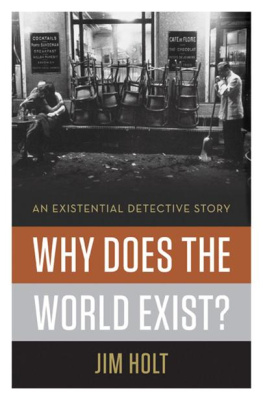
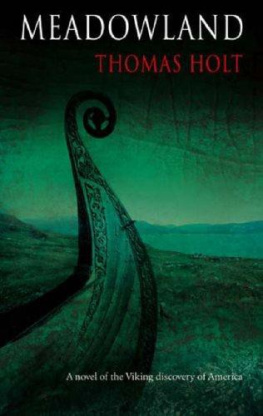
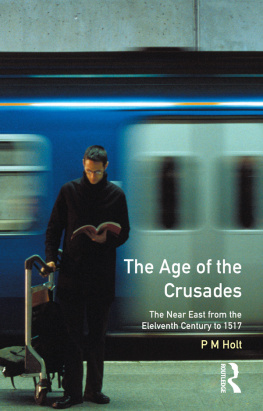
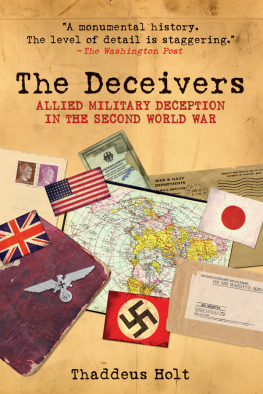
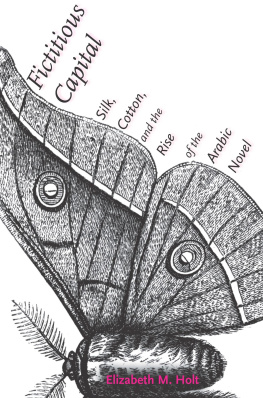


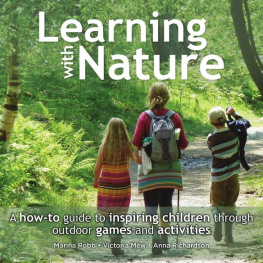
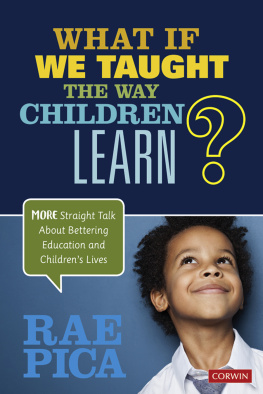
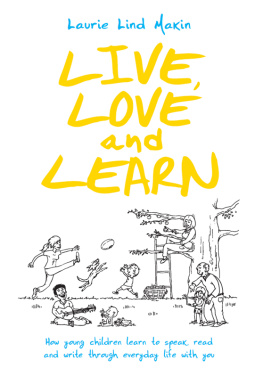
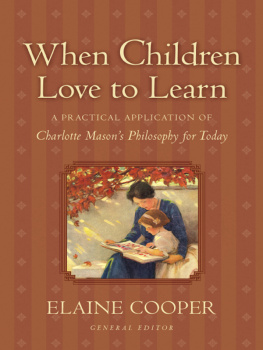
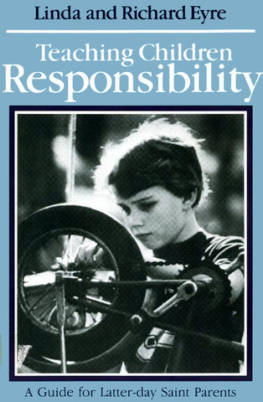
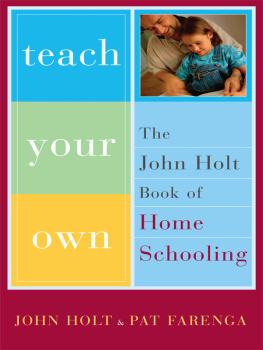
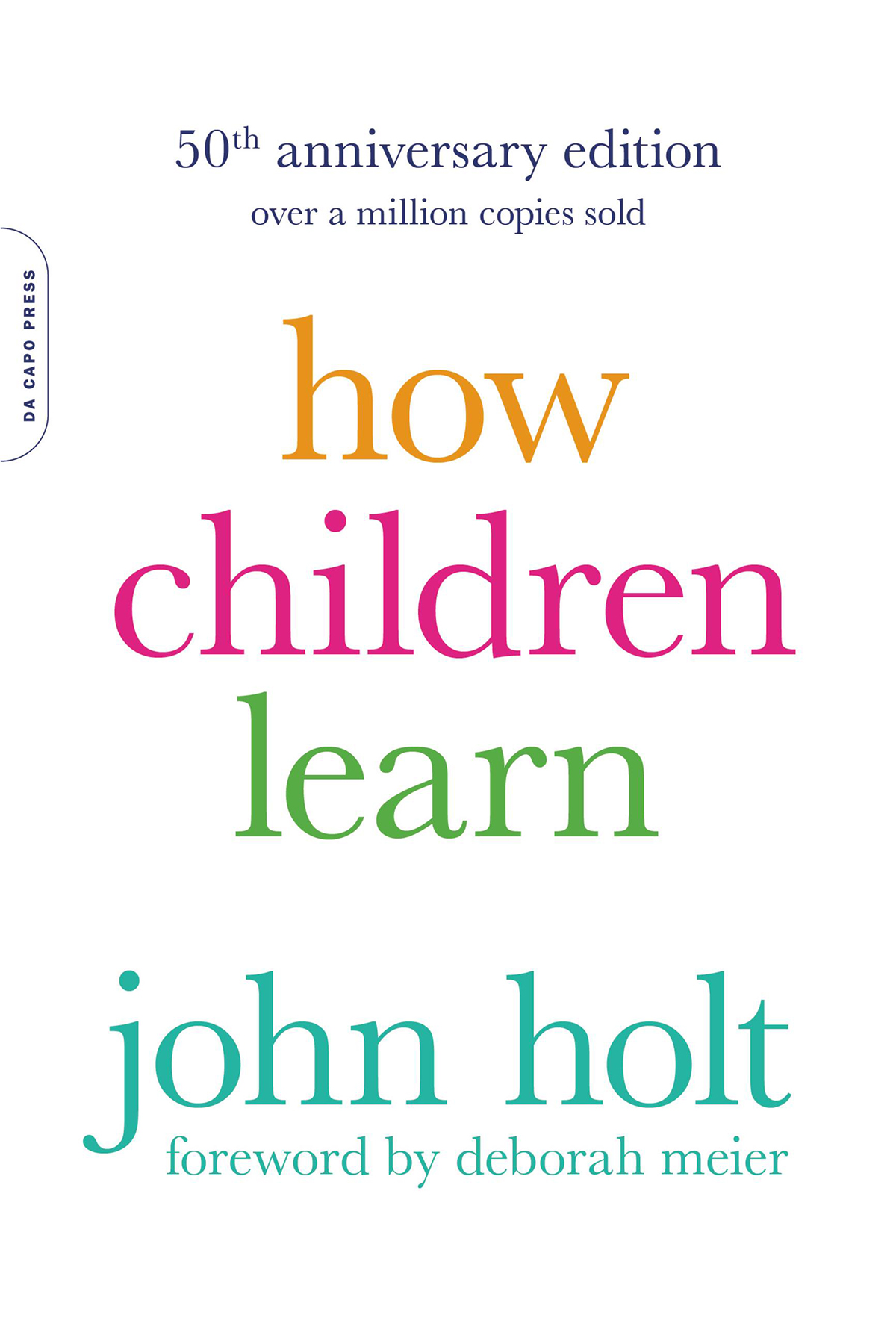
 and one at the end
and one at the end  .
.